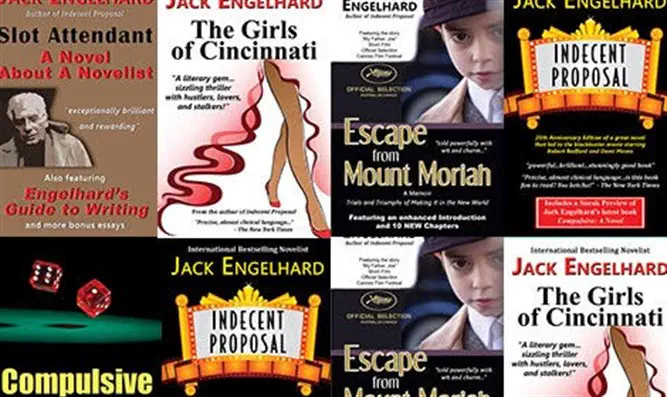
To say New York is to say the rest of America as well. To say Sinatra is to say the greatest entertainer of the 20th century. Surely the second half.
He was a patriotic American (“The House I Live In”), and a vigorous supporter of Jews and Israel. There was nothing like him.
For a time, as we wrote here, there was Meyer Lansky, when it was time to be tough. When called upon, Lansky and his crew of Jewish Gangsters cracked heads, back in the 1930s, to teach the Nazi American Bund a lesson, those who went marching for Hitler all around New York City… and dispersed when they found themselves no match for Jewish muscle.
Jewish muscle is what’s lacking today in America.
Sinatra was that ten times over, from the beginning of the Holocaust to the founding of the State of Israel. He gave of his time, money, his talent, and when he saw prejudice and injustice, namely against Jews, he also cracked a few heads. He was magnetic. His name alone could change the course of events.
In one incident, at Grand Central Terminal, Sinatra floored three men who were harassing a Jewish couple.
When he played the Sands in Atlantic City, No Smoking was in effect throughout the casino. Oh yeah? Tell Frank. No one dared.
A stool and a cigarette were all he needed to swoon an audience. No need for 50 dancing girls to help Usher get through a song. That’s not music. That’s noise.
Men wore tuxes. Women wore gowns for Sinatra’s performances. It was a different time. People were more formal, and stars were more glamorous.
They kept their politics to themselves.
Today, we learn, that the majority of American Jews are afraid to reveal their Jewishness.
Being Jewish is now a stigma against the hordes. It was different when tough guys didn’t dance, and Sinatra ruled New York.
His very presence lifted the town. The atmosphere became different, classy, electric. He stared down Elvis and the Beatles.
Sinatra’s New York would never tolerate what’s going on here today, and if you don’t know what that is, then you suffer from those “little town blues.”
Sinatra’s rollicking, frolicking New York, New York is the anthem for the city that never sleeps, and no one can belt it out like Sinatra. People have tried.
In fact, no one can sing anything like Sinatra. Once he does it, it’s done.
Was Sinatra a member of the Mob? Just the whisper of it was enough. In his later years, when he performed at Madison Square Garden, hosted by Howard Cosell, the event was billed as a heavyweight champion fight. If you were somebody, you were there…dressed to the Nines for a class act.
You were nobody if you wore jeans.
Joe Frazier was there to say, “He is the champ.”
For a time, it was Bing Crosby, and that was whom Sinatra had to beat to the count of 10, until he finally did, starting with the Bobbysoxers, 1944, at the Paramount Theater, New York.
The event ignited a teenage riot, the girls shrieking, “Frankie, Frankie.” From there, there was no stopping Sinatra.
Start spreading the news. The skinny kid from Hoboken had arrived.
Yes, we still miss him.
New York-based bestselling American novelist Jack Engelhard writes regularly for Arutz Sheva.
He wrote the worldwide book-to-movie bestseller “Indecent Proposal,” the authoritative newsroom epic, “The Bathsheba Deadline,” followed by his coming-of-age classics, “The Girls of Cincinnati,” and, the Holocaust-to-Montreal memoir, “Escape from Mount Moriah.” For that and his 1960s epic “The Days of the Bitter End,” contemporaries have hailed him “The last Hemingway, a writer without peer, and the conscience of us all.” Contact here.

NOW AVAILABLE: The collection of Jack Engelhard’s op-eds, Writings, here
Plus, a free sample chapter of his noir gambling thriller, Compulsive, is available from his website, here.